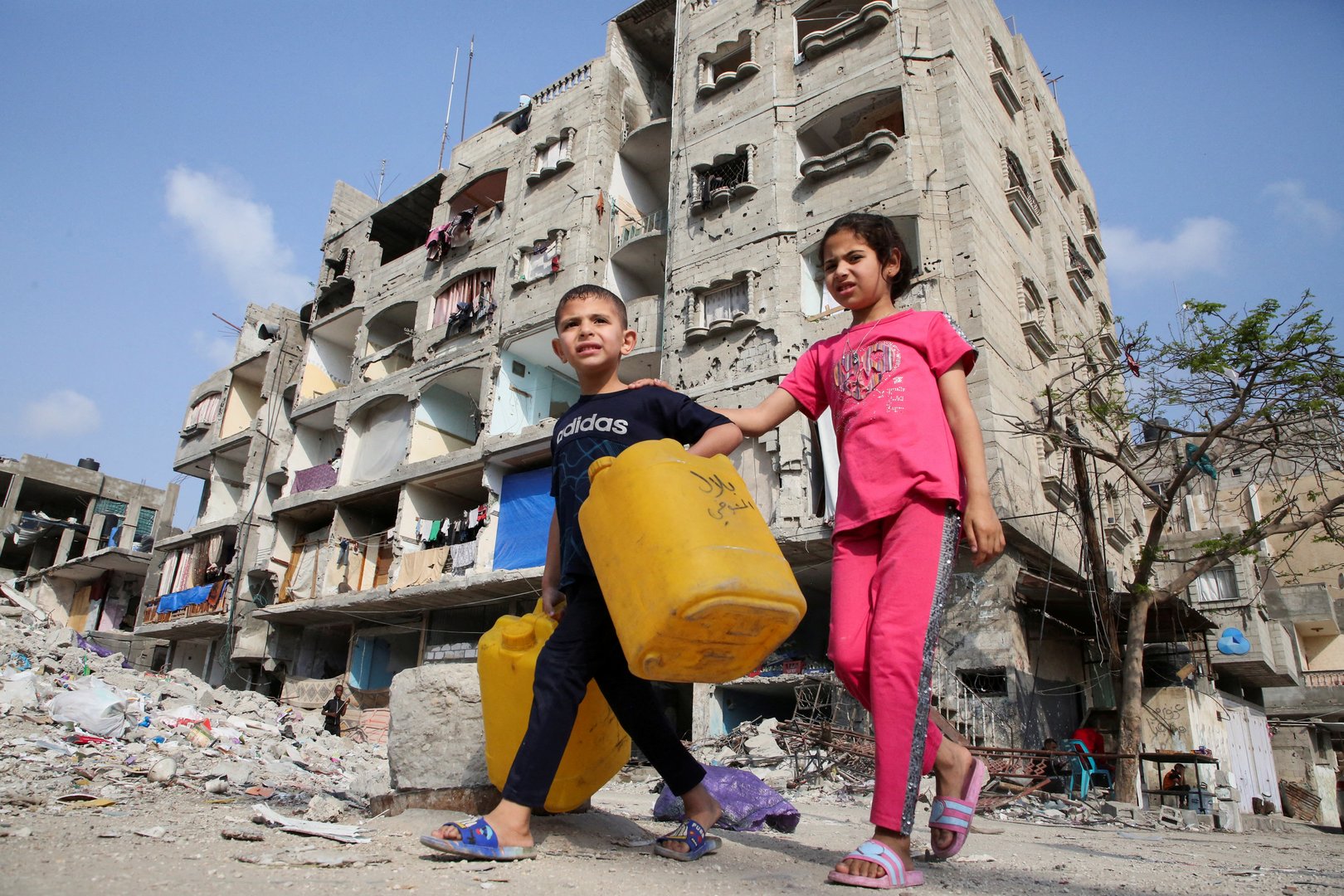Israeli leaders are waiting with bated breath to find out if the prosecutor of the International Criminal Court (ICC) is going to issue arrest warrants against some of them for allegedly committing war crimes in the conduct of the war in Gaza since October 7, 2023.
Media reports suggest that the ICC prosecutor, Karim Khan KC, has initiated investigation into war crimes by both sides in and around Gaza and is considering applying for arrest warrants. The ICC prosecutor has already hinted that arrest warrants against Hamas for the atrocities of October 7, 2013 are on the cards. It may not matter much to the leaders of Hamas if they cannot travel to the West since they cannot travel there anyway, but it is an indication that arrest warrants are being considered against both combatants.
Israeli Prime minister Benjamin Netanyahu said that the ICC cannot impede Israel’s right to self-defence but if war crimes have been committed by individuals self-defence is of limited value to the perpetrators. The prosecutor has to examine the cases very carefully to ensure that criminal responsibility is not excluded by self-defence.
The ICC treaty preserves individual self-defence of oneself or another or even of essential property against imminent and unlawful attack provided it is proportionate. Crucially, however, being involved in defensive operations is not in itself a ground for excluding criminal responsibility.
Israel signed the ICC treaty in 2000, but it objected to some of its provisions that it believed were included to serve the political agenda of certain states so they could use the treaty as a political tool against Israel. Consequently Israel did not ratify the treaty and is not a state party.
So far as the ICC prosecutor is concerned, Israeli leaders can be prosecuted for alleged crimes in Gaza because they were committed in the territory of a state party – namely Palestine that became one in 2015 even though it is not a member state of the UN. And Hamas leaders are liable to be prosecuted for alleged war crimes on October 7 in Israel because they are nationals of Palestine.
The prosecutor is mindful of the need to avoid any suggestion that the ICC applies double standards and that he is beholden of the West. He cannot ignore clear evidence of war crimes against civilians in and around Gaza. If he sought and obtained an arrest warrant against President Vladimir Putin for the alleged crime of transporting or deporting Ukrainian children he must do the same for manifest war crimes in Gaza as the ICC has to be impartial and be seen to be impartial.
As a result of the warrant for his arrest Putin has been careful about where he travels and even avoided an important visit to South Africa just in case it’s free thinking judicial system sought to execute the arrest warrant against him. So it appears that the the ICC can effective in holding leaders personally responsible for their policies.
A decision to issue an arrest warrant is not entirely that of the ICC prosecutor. The decision requires the approval a pre trial court of three judges who have to be satisfied there are reasonable grounds the person to be arrested has committed an offence within the jurisdiction of the court and that the arrest of the person is necessary. The judges do not rubber stamp the decision of prosecutors to issue international arrest warrants as sometimes happens in some domestic jurisdictions. The court is required to evaluate the evidence and has to be satisfied that there are reasonable grounds to believe a person has committed a war crime and that it is necessary for him to be arrested – for example to prevent the commission of further war crimes.
What Israeli leaders are worried about is that state parties of the ICC treaty would be obliged to cooperate with the prosecutor and execute arrest warrants issued by the court. The US is not a state party so there would be no worries about travelling there, but all the member states of the EU are state parties. And so are the UK, Japan, Canada, Australia and New Zealand all of which are countries that Israeli leaders may need to visit, which explains why there has been concern in Israel about the prospect of arrest warrants against its leaders.
The ICC is fiercely protective of its independence both from states and the UN and it may just be a coincidence that Karim Khan is actively considering arrest warrants against Israeli leaders at the same time as Netanyahu is actively considering an attack on Rafah near the Egyptian border where a million refugees have set up a tent city.
However if an attack on Rafah does go ahead and a large number of innocent civilians are killed as both the US president and foreign minister and the UN Secretary General have predicted, Netanyahu would lay himself open to having an arrest warrant issued for war crimes against Rafah’s civilian population.
Normally, Netanyahu would take such a possibility in his stride but he is already facing charges of corruption in Israel and having an ICC arrest warrant for war crimes would be a prosecution that even he could not survive. In any case he needs to focus on getting the Israeli hostages released.
Alper Ali Riza is a king’s counsel in the UK and retired part time judge







Click here to change your cookie preferences